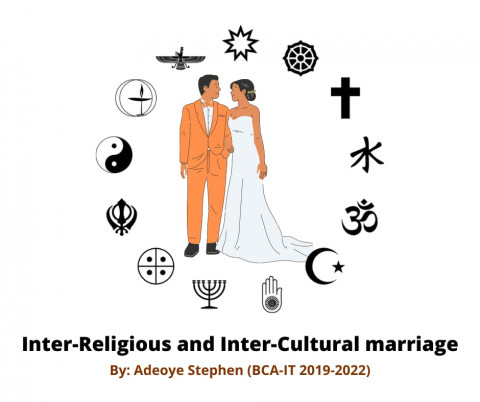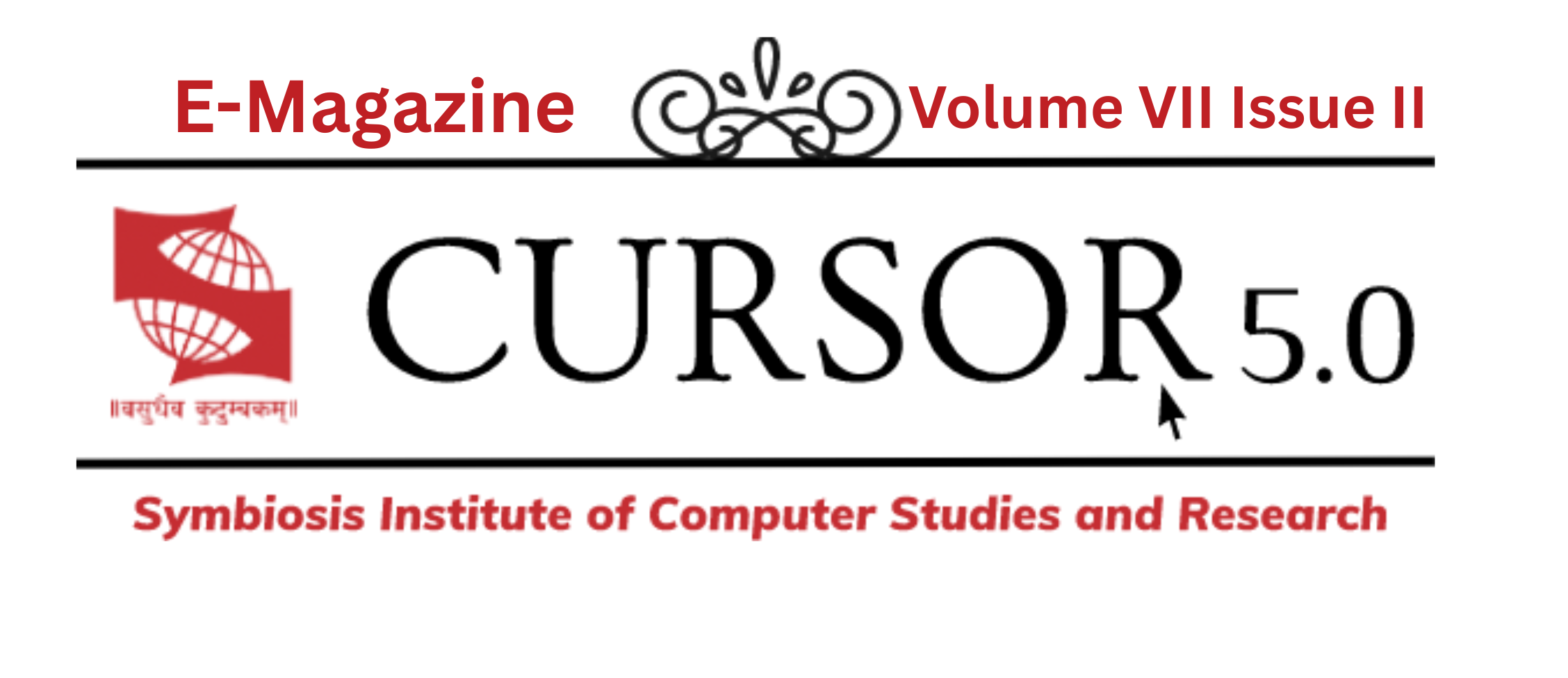
There is little doubt that tribalism, ethnicity, and religion disagreements have been and continue to be a barrier to the country's growth and advancement during the last decades.
Since the beginning of our independence till today, our daily lives have had only one issue, which is the one listed above. Essentially, every person is concerned about politics, as well as the impact of tribalism and religious conflicts. Back in the day, the supervision and activities of the National matter and processes across every line of ethnic ideology gave birth to both riots and bloodshed, such as the Jos riots (1945), Kano riots (1953), and TIV eruptions (1960-1964). There used to be a surge of anti-Igbo violence in September 1966, as well as massacres in the North in May 1966. Marriages involving entirely diverse tribes, ethnic groupings, ideologies, and faiths unquestionably aid in piloting and contribute to growth and social contact and reduce social group and ethnic tensions, which are one of the challenges affecting the country at the moment. This would also encourage brotherly love and eliminate the attitude of ethnic concerns in marriage and family unit formation. It is said that off springs of inter-cultural marriages are nurtured to better appreciate the profile and features of the country because they will see it in a better and more practical way. We are certain that marriage is an institution ordained by GOD for the purpose of procreation, regardless of religious, tribal, or ethnic factors.
Research has shown that among the TIV/Igede societies, the young men and women remain bachelors and spinsters because of the tribal, ethnic and religious considerations. It is normal to say that marriages between certain tribes, along with the cultural heritage of that tribe, guarantee reproduction, thus creating conflicts between non-tribes. Inter-Religious and Inter-Cultural marriages have both positive and negative aspects. An Inter-Religious marriage gives the two parties involved clearer views on both religions. Most times assumptions and conclusions are not always accurate therefore a lot of misconceptions will be broken. It also gives room for a cultural and religious amalgamation. Everything is said to have a good and a bad side and so if there is a problem or break in the marriage, the two parties involved will not leave the other but begin to believe in the negative things which have been said about that religion or tribe. This may not just end in talking but also lead to spreading and also discouraging others who had probably wanted to go into it. Also, we shouldn't forget that every tribe or ethnic group or religion has its own unique habits and so there will have to be a lot of changes from probably both sides. It becomes very uneasy and difficult if it is just one side which has to bear the changes making it not easy and could lead to negative actions or consequences.
It may also be very hard and seem impossible when asked to change a religion which he/she was probably raised with. The issue of religion is something very respected and delicate in Nigeria where we live. A family which is involved in Inter-Ethnic marriage can face the problem of whose culture and language dominates in the family. This simply means that the mother or wife which is from a different background may consciously or unconsciously send messages to the infant children and try to inculcate her beliefs and traditions into them which may not really go down well with the father or husband. This can cause strife on whose ethnicity or beliefs dominates and which will be taught to the children. There may be lots of problems associated with Inter-Religious and Intercultural marriages but there are also a lot of reasons which can also make people go into it. It is an established fact that without love which is basically the root and main reason for any marriage or relationship. "Love conquers all" is the saying that is so famous and used widely because it is a belief that most relationships rely and thrive on it. Also, the Nigerian beauty, festivals, beliefs and so on are preserved and experienced very closely.
By : Adeoye Stephen (BBA-IT 2019-2022) 



